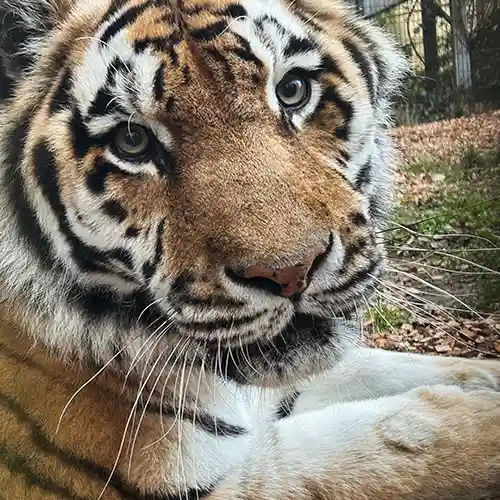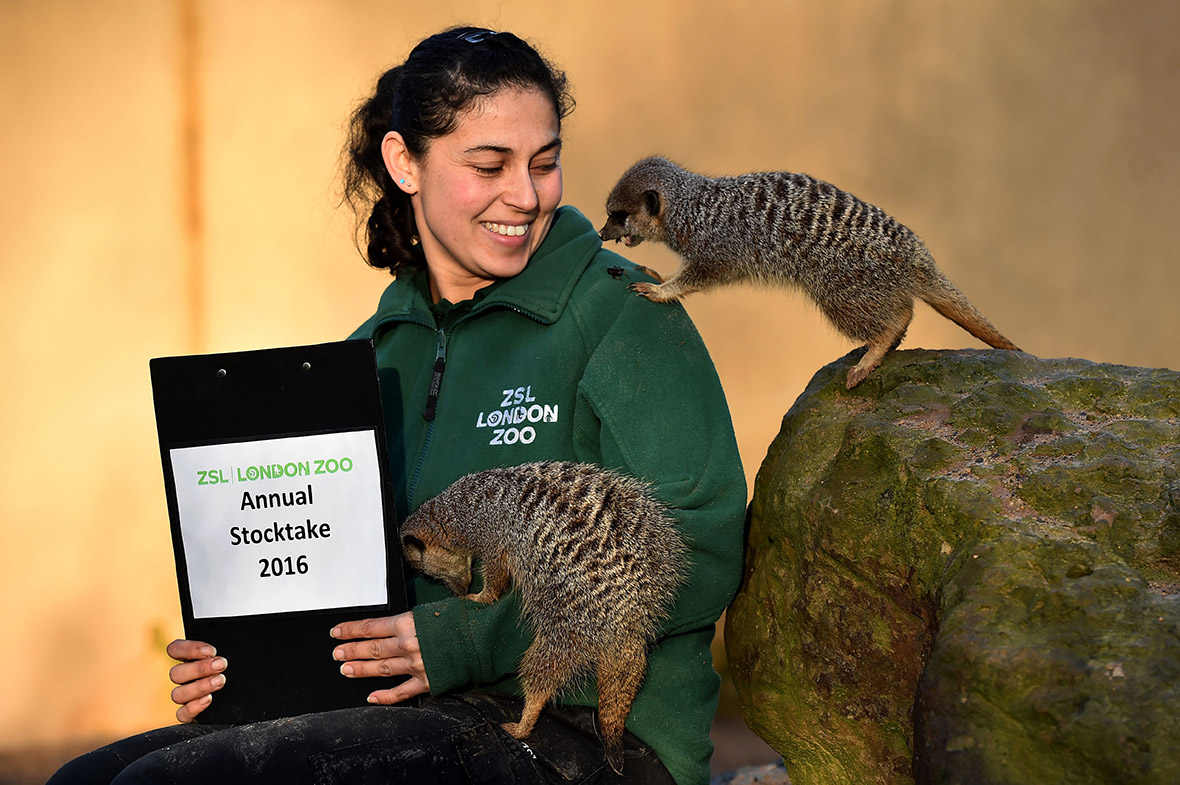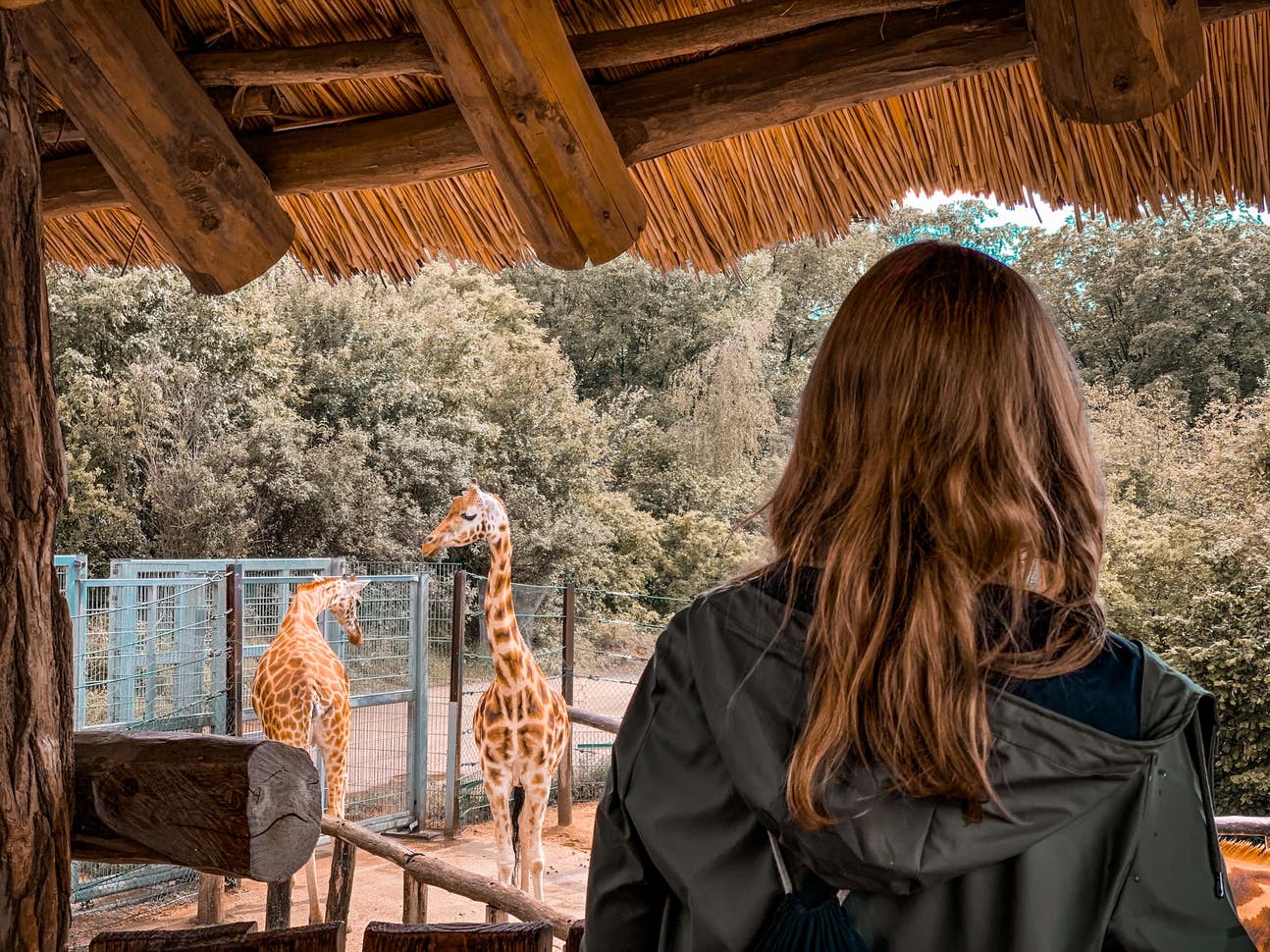How To Become A Zoo Keeper?
“The greatness of a country and its moral development can be evaluated by the way its animals are dealt with.” – Mahatma Gandhi
Do you like animals and imagine working in a zoo? Zoo keepers are key in safeguarding wildlife and caring for animals. At places like the Zoological Society of London (ZSL), over 20,000 animals get the care they need from professionals.

To become a zoo keeper, you require hard work, education, and a love for animals. This job is amazing, letting you deal with numerous types and assist with essential conservation work. If you’re into wildlife or animal welfare, zookeeping might be best for you.
Beginning your zoo keeper profession indicates discovering what’s needed. This guide will cover education, zookeeper experience, and more. It’s all you require to understand to start a fulfilling zookeeping profession.
Understanding the Role of a Zookeeper
Exploring what a zookeeper does exposes a function filled with obstacles and rewards. They concentrate on animal welfare and conservation. Zookeepers strive to keep animals healthy and delighted in their care.
Daily Responsibilities and Tasks
A zookeeper‘s day is filled with crucial tasks:
- Preparing meals that fulfill each animal’s nutritional requirements
- Cleaning up enclosures to keep them tidy and safe
- Supervising animal health and behaviour
- Giving medicines and treatments as required
- Developing activities to keep animals psychologically sharp
Workplace and Conditions
Zookeepers work outside in all sort of weather. They manage both indoor and outdoor spaces. The task needs being physically fit and able to manage the demands of looking after animals.
“Being a zookeeper is more than a task – it’s an enthusiastic commitment to animal care and conservation.”
Types of Animals and Specialisations
Zookeepers can specialise in lots of animal groups:
- Primates
- Big cats
- Marine mammals
- Reptiles
- Birds
Your function might involve dealing with 2-5 different animal species. This requires a great deal of knowledge and the capability to adapt.
Important Skills and Personal Qualities for Zoo Keeping
To be a top zookeeper, you require more than just a love for animals. Your task will be difficult and need you to handle animals and individuals well. You’ll also need to comprehend animal behaviour.
What zoos search for in individuals includes:
- Exceptional perseverance and psychological strength
- Strong physical conditioning and stamina
- Keen observation abilities
- Ability to stay calm under pressure
- High level of empathy towards animals
Getting hands-on experience is crucial to mastering this function. You’ll require to show:
- Advanced understanding of animal care methods
- Efficiency in animal handling and safety protocols
- Effective communication with both animals and human visitors
“A great zookeeper connects science, empathy, and conservation in every interaction with animals.”
You need to understand about animal nutrition, behaviour, and fundamental vet care. Most zookeepers learn through training, offering, and ongoing knowing.
Zookeeper work is not simply a job. It’s a big commitment to teaching about wildlife and assisting preservation. Your passion and effort will make you stick out in this satisfying profession.
How to Become a Zoo Keeper
Beginning a profession as a zookeeper requires mindful preparation and education. You should first comprehend the educational requirements and training paths. These will turn your love for animals into a job.
Educational Requirements
To be a terrific zookeeper, you need a strong academic base. Many tasks search for particular qualifications:
- At least 5 GCSEs at grade 4 or above, including English, maths, and science
- A levels or higher education credentials
- A college degree in biology or animal science
- Level 3 Diploma in Animal Management
Necessary Certifications
Getting unique accreditations can really assist you in your zookeeper career. Important ones consist of:

- Diploma in Management of Zoo and Aquarium Animals (DMZAA)
- Zookeeping Level 3 Diploma (RQF)
- Animal managing certificates
- First aid credentials
Training Programs and Apprenticeships
Getting hands-on experience is type in zookeeper training. Lots of places use great chances:
- Unpaid apprenticeships at wildlife parks
- Internship programs at popular zoos
- Practical training at places like Colchester Zoo and Dartmoor Zoo
- Offering to acquire real-world skills
Pro tip: Create an in-depth portfolio to show your animal care abilities. It will help you in task applications.
Structure Relevant Experience in Animal Care
Gaining hands-on experience is key for those wishing to be zookeepers. The job is extremely competitive. So, it’s essential to begin building a strong base in animal care.
Your journey begins with finding ways to work directly with animals. This is a tactical step.
“Experience is the best instructor in animal care” – Wildlife Conservation Experts
Here work methods to gain experience working with animals:
- Volunteer at regional animal shelters to develop standard animal handling abilities
- Seek internships at wildlife rehabilitation centres
- Explore part-time positions at veterinary centers
- Contact your local zoo for possible volunteer opportunities
Offering is a great way to discover animal behaviour and care. Many zoos and animal shelters are trying to find individuals who want to learn. These places provide terrific opportunities to get hands-on experience and reveal your commitment to animal welfare.
Here are some pointers to maximize your experience:
- Keep a record of your skills and interactions
- Get in touch with specialists in animal care
- Ask for references and recommendation letters
- Stay relentless and show your true passion
Remember, useful experience makes you stand out in the zookeeping world. Every time you work with animals, you discover more. This increases your chances of getting a job in animal care.
Profession Pathways and Professional Development
Starting a profession as a zookeeper is amazing. It offers numerous possibilities to grow and specialise. Your journey starts with comprehending the various paths in this field.
Entry-Level Positions
Entry-level tasks in zookeeping are a fantastic start. They offer you hands-on experience. Zoos look for prospects with:
- Level 2 Diploma in Animal Care (minimum qualification)
- GCSEs in English and a clinical subject
- Volunteer experience at animal shelters or farms
Profession Progression Opportunities
As you acquire experience, your career can grow. You can go up to:
- Junior Keeper
- Senior Keeper
- Team Leader
- Professional Roles
“Continuous knowing and useful experience are crucial to advancing in your zookeeping profession.”
Specialised Roles
You can also select unique areas like:
- Conservation breeding programs
- Animal training
- Wildlife research study
- Educational outreach
About 25% of zookeepers get advanced degrees in zoology or animal conservation. Getting Level 4 qualifications can improve your possibilities for senior roles and research.
Working Hours and Physical Demands
Becoming a zookeeper suggests you’ll work more than simply routine hours. You’ll deal with hard physical challenges and need to be versatile, consisting of weekends and holidays. Zoos are open every day, so you’ll often work when others unwind.
“Zoo keeping is not a normal 9-to-5 job– it’s a way of life of dedicated animal care and commitment.”
This task is physically demanding. You’ll work outside in any weather condition, raising heavy products over 50 pounds. Your tasks may include:
- Early early morning feeding schedules
- Cleaning up animal enclosures
- Preparing specialised diets
- Performing health checks
- Keeping complicated environments
Shifts can begin as early as 5 AM and go late into the night. You’ll be on your feet most of the time, moving between animal zones. Weekends and holidays become part of the task, requiring great deals of endurance and dedication.
Despite the challenges, this task has great benefits. You’ll grow strong, both physically and mentally. You’ll likewise make fantastic connections with amazing animals.
Health And Wellness Considerations
Being a zookeeper features its own set of obstacles. It’s essential to know how to keep both animals and personnel safe. This indicates following strict health and wellness rules.
Zookeepers face a special environment where safety is essential. Research studies reveal that health and safety are now as important as the zoo’s primary work.
Risk Management Strategies
There are a number of methods to handle risks in zoos:
- Daily checks of animal enclosures for risks
- Counting animals at the start and end of shifts
- Watching how visitors act near animals
- Being ready for emergencies
Animal Handling Safety Protocols
Knowing which animals are most dangerous is important. Huge animals like rhinos can be extremely risky. There have actually been cases where zookeepers got seriously injured.
Security isn’t almost wearing gear – it’s about understanding animal behaviour and staying alert.
Personal Protective Equipment
Zookeepers need to wear the right gear, consisting of:

- Special gloves for handling animals
- Strong shoes for grip and security
- Clothes that safeguards versus germs
Getting versus diseases like liver disease B and rabies is likewise crucial. It helps keep zookeepers healthy in their tough job.
Wage Expectations and Job Market
Thinking about a profession in zoo keeping? It’s essential to know about incomes and the job market. The field is growing, with more opportunities in the UK.
Let’s look at what zoo keepers can make at different phases:
- Entry-level zookeepers begin at about ₤ 14,000 a year
- Qualified ones make between ₤ 16,000 and ₤ 22,000
- Senior zookeepers can make up to ₤ 30,000 or more
The job outlook for zoo keepers is great. The sector is anticipated to grow by 5% in the UK by 2029. This indicates around 3,910 brand-new jobs will be offered.
“The Association of Zoos and Aquariums supports professional growth for zoo keepers,” a report says.
Wages vary based upon several things:
- Experience level
- Specialisation
- Where you work
- The zoo’s size and type
While the pay might not be high, the delight of dealing with animals is priceless. The average income is around ₤ 17,000. But, total earnings can be between ₤ 13,000 and ₤ 27,000 a year.
Conclusion
Starting a career in animal care is an exciting journey. It requires commitment, passion, and a love for learning. With over 350 zoos and wildlife locations in the UK, there are lots of task chances. You’ll get to work with fantastic animals and help protect wildlife.
To be a zoo keeper, you require more than just love for animals. You should have a good understanding of biology, be able to interact well, and always want to learn more. You’ll gain hands-on experience, learn about animal welfare, and develop a deep regard for nature. About 3,000 people in the UK have actually discovered fulfilling professions in this field.

Your success in zoo keeping comes from mixing science with a love for animals. Whether you’re interested in mammals, birds, or marine life, this job lets you aid with preservation. Every day will bring new challenges and finding out chances that will improve your skills and knowledge.
If you enjoy animals and want to assist secure wildlife, zoo keeping might be for you. Handle the challenge, remain curious, and turn your passion for animals into a gratifying profession.

